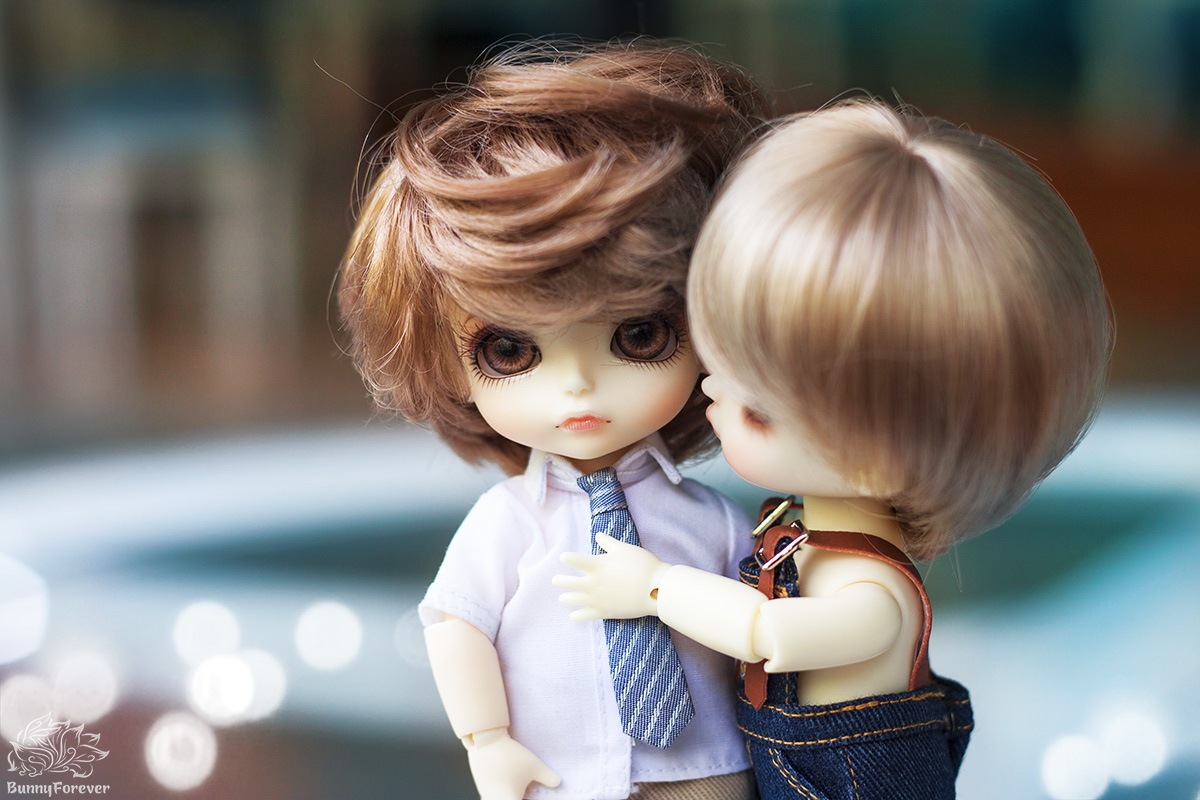The act of playing with dolls transcends mere playtime; it’s a pivotal experience shaping a child’s social and emotional development.
Recent studies have illuminated how this simple activity fosters crucial skills like empathy and social understanding, which are integral to forming and maintaining friendships.
This exploration delves into the nuanced ways doll play influences these aspects of childhood development, offering insights into its surprising depth and importance.
Understanding Friendships through Doll Play
The world of doll play offers more than just entertainment for children; it’s a vital platform for learning and practicing the intricacies of social interactions and friendships.
This facet of play is instrumental in developing crucial social and emotional skills, such as empathy, understanding, and cooperation.
In exploring how doll play impacts these aspects of a child’s development, we gain insights into its significant role in shaping a child’s ability to form and navigate friendships effectively.
This section delves into various dimensions of how playing with dolls can enrich and influence a child’s social experiences and capabilities.
Doll Play and Social Skills Development
One of the most significant impacts of doll play is its ability to cultivate empathy and social processing skills in children.
A study highlighted by Frontiers Science Communications reveals that engaging in doll play enables children to develop these essential skills, which are critical for forming healthy, understanding relationships.
Forbes further reports on a collaborative study by Mattel and neuroscientists from Cardiff University, emphasizing the role of doll play in shaping a child’s social capabilities.
This multi-year study explores how these playful interactions contribute to short-term and long-term social skill development.

Playing with dolls, as noted by Insider, provides children with an opportunity to learn empathy and social nuances, skills particularly crucial when access to real-life social interactions is limited, such as during periods of remote learning or social restrictions.
This aspect of play becomes even more critical during times of increased isolation, like the COVID-19 pandemic.
VeryWellFamily.com echoes this sentiment, explaining how doll play, even when solitary, helps practice social skills and empathy, potentially reducing the risks of developmental delays.
Taking a Friendship Quiz
Integrating activities like a friendship quiz into doll play can further enhance a child’s understanding of relationships.
This interactive approach could involve scenarios where the child assesses the dynamics between different dolls, exploring questions that gauge empathy, understanding, and conflict resolution skills.
Such quizzes could cover topics like sharing, resolving disagreements, and showing kindness, offering practical, hands-on learning about the nuances of friendship.
Neuroscience Behind Doll Play
The neuroscience behind doll play provides fascinating insights into its impact on social development.
According to Frontiersin.org, playing with dolls activates specific brain regions associated with social skills and empathy.
This activation indicates that doll play isn’t just a creative outlet but also a brain-stimulating activity that primes children for real-world social interactions.
The study suggests that through doll play, children can practice social interactions, which are essential for developing social-emotional skills like empathy.
Enhancing Emotional Intelligence through Doll Play
Doll play, often perceived as a simple childhood pastime, has profound implications in enhancing emotional intelligence in children.
This process involves understanding and managing emotions, a vital skill for personal and social development.
By engaging in doll play, children experiment with and learn about a range of emotions, gaining insights into how to express and interpret feelings in themselves and others.
This section will explore how doll play contributes to developing emotional intelligence in children, focusing on self-awareness, empathy, and emotional regulation.
Self-Awareness and Doll Play
Self-awareness, the ability to recognize and understand one’s own emotions, is a crucial component of emotional intelligence.
Through doll play, children can project their feelings onto the dolls, acting out various scenarios. This helps them understand and articulate their emotions better.
As they assign roles and emotions to their dolls, children gain insight into their feelings and learn to express them more clearly.
Doll play becomes a safe space for children to explore and understand complex emotions, fostering greater self-awareness.
Empathy Development through Doll Interactions
Empathy, the ability to understand and share the feelings of others, is significantly nurtured through doll play.
As children create stories and scenarios for their dolls, they often simulate emotional situations such as joy, sadness, or conflict.
This imaginative play helps children step into the shoes of others (or dolls, in this case), enhancing their ability to empathize.
By navigating these simulated social situations, children learn the importance of considering others’ feelings, which is a critical aspect of emotional intelligence.
Regulating Emotions with Dolls
Doll play also plays a role in emotional regulation, teaching children how to manage and respond to their emotions effectively.
By acting out various scenarios, children learn to deal with emotions like anger, frustration, or disappointment in a controlled, safe environment.
For instance, a child might simulate a scenario where a doll is upset, and through this play, they explore ways to calm down or solve the problem.
This practice equips them with strategies to handle similar emotions in real-life situations, enhancing their ability to regulate their feelings.
Key takeaway
Through engaging in doll play, children learn to navigate the complexities of friendships, develop empathy, and enhance their understanding of social interactions.
They also gain self-awareness and emotional regulation skills, which are crucial for personal growth and effective communication.
This form of play serves as a safe and creative outlet for children to explore and understand the world around them, preparing them for the diverse social challenges they will face in life.
Ultimately, the seemingly simple act of playing with dolls is a pivotal tool in shaping well-rounded, empathetic, and socially adept individuals.








